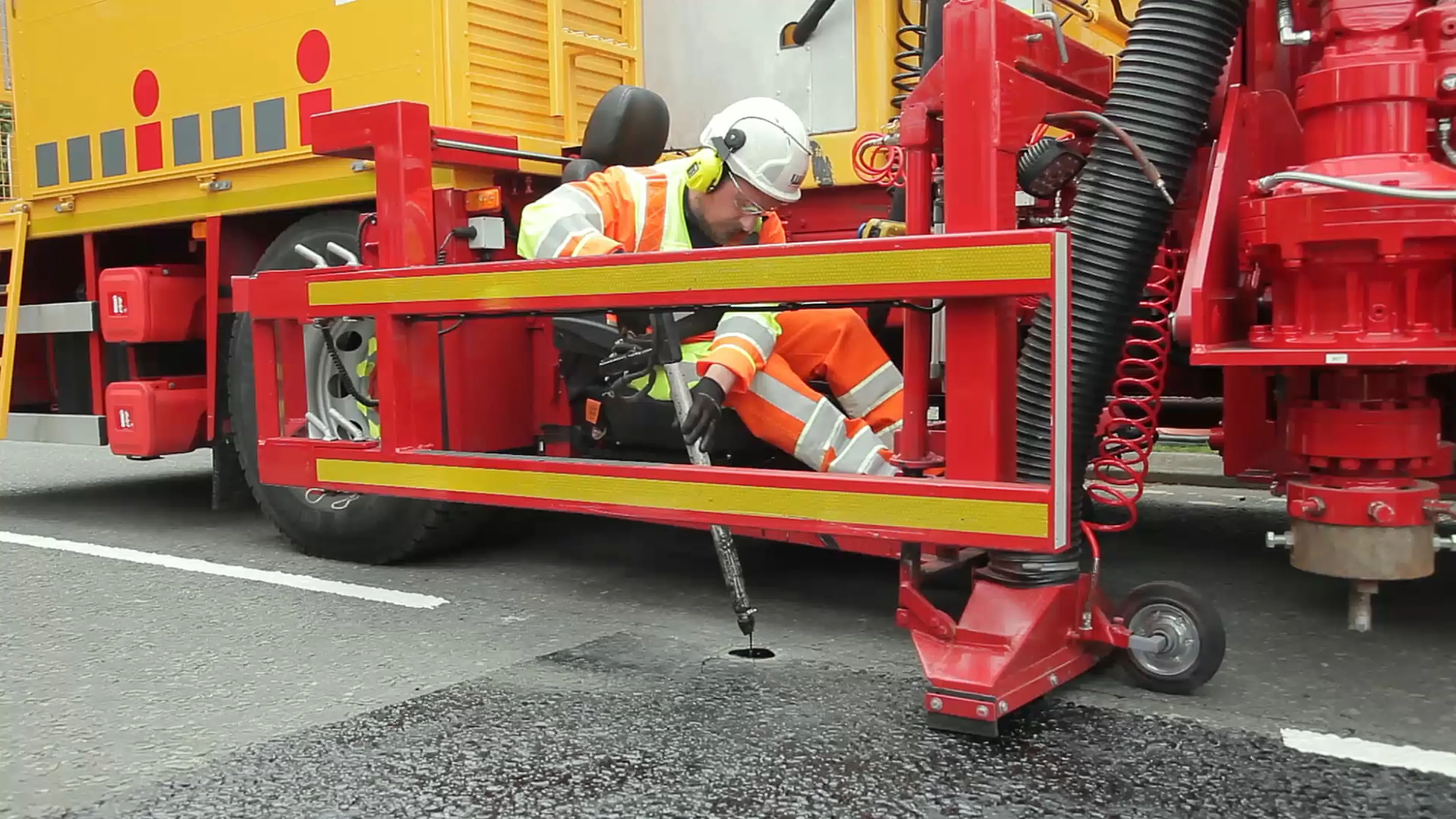Construction and maintenance of roads in France is expected to grow again this year – by 3% - after several years of decline, according to CISMA.
Aggregates production is also expected to be up around 3.5%, as well as civil engineering by 3%.
Civil Engineering activity is recovering at last, notes CISMA, especially thanks to work in the Paris area.
“Across the country, cities large and small have adopted the construction of modern tramways that has led to improved traffic circulation, more convenient networks, and renovated downtowns. This trend will continue in the coming years,” says CISMA in a year-end wrap-up of construction activity.
The growth in new residential construction was considerably higher in 2017 than in 2016 while the non-residential construction market only just started to recover.
“In 2018, residential market will continue to grow but at a slower pace. Conversely, the rate of growth for non-residential construction market should be much higher,” according to CISMA.
Local authorities should invest again in public buildings. The French storage market is forecasted to continue to grow due to the increasing ecommerce sector and the problems on the so-called last mile regarding delivery services.
Lastly, lower rate of office vacancy and annual service job creation can be observed and stricter energy laws should additionally drive non-residential renovation.
In a separate report, CISMA noted that France is expected to exhibit steady growth in the hydraulic excavator market in 2018.
But in terms of percentage growth, France is cut in two. The northern half appears especially dynamic whereas growth of the excavator market in the southern half of the country is much lower.
The of Ile-de-France region, centered around Paris, achieved the strongest growth, up 50% from January to November 2017 compared to year 2016. The second strongest growth region is that of Normandie, northwest of Paris and touching the Manche – English Channel.
The Atlantic region of Nouvelle-Aquitaine – main city Bordeaux - remained stable. This is partly due to completion of the TGV rail works focusing around Bordeaux.
Among the drivers for growth in the Paris region is the Greater Paris Express. Work has only just getting underway on what is slated to be Europe's most ambitious urban project for the next decade.
In Normandie, the construction of a rail viaduct at Guerville on the Paris-Normandy Motorway is in progress. The six existing tracks will be also renovated. This project started last year and should be finished by 2022.
In addition, investments on the three ports of Le Havre, Rouen and Paris are driving demand for excavators.
CISMA is a Paris-based trade association for companies in France that produce and sell equipment for construction as well as the steel industry and handling sector. It also includes component suppliers. CISMA represents the interests of its 200 members - SME, SMI and subsidiaries of international groups - that employ around 31, 000 people in France. These businesses export 58% of their production and generate nearly €9 billion in annual revenue.
CISMA: French road construction market expected to rise
Construction and maintenance of roads in France is expected to grow again this year – by 3% - after several years of decline, according to CISMA. Aggregates production is also expected to be up around 3.5%, as well as civil engineering by 3%. Civil Engineering activity is recovering at last, notes CISMA, especially thanks to work in the Paris area. “Across the country, cities large and small have adopted the construction of modern tramways that has led to improved traffic circulation, more convenient
January 17, 2018
Read time: 3 mins








